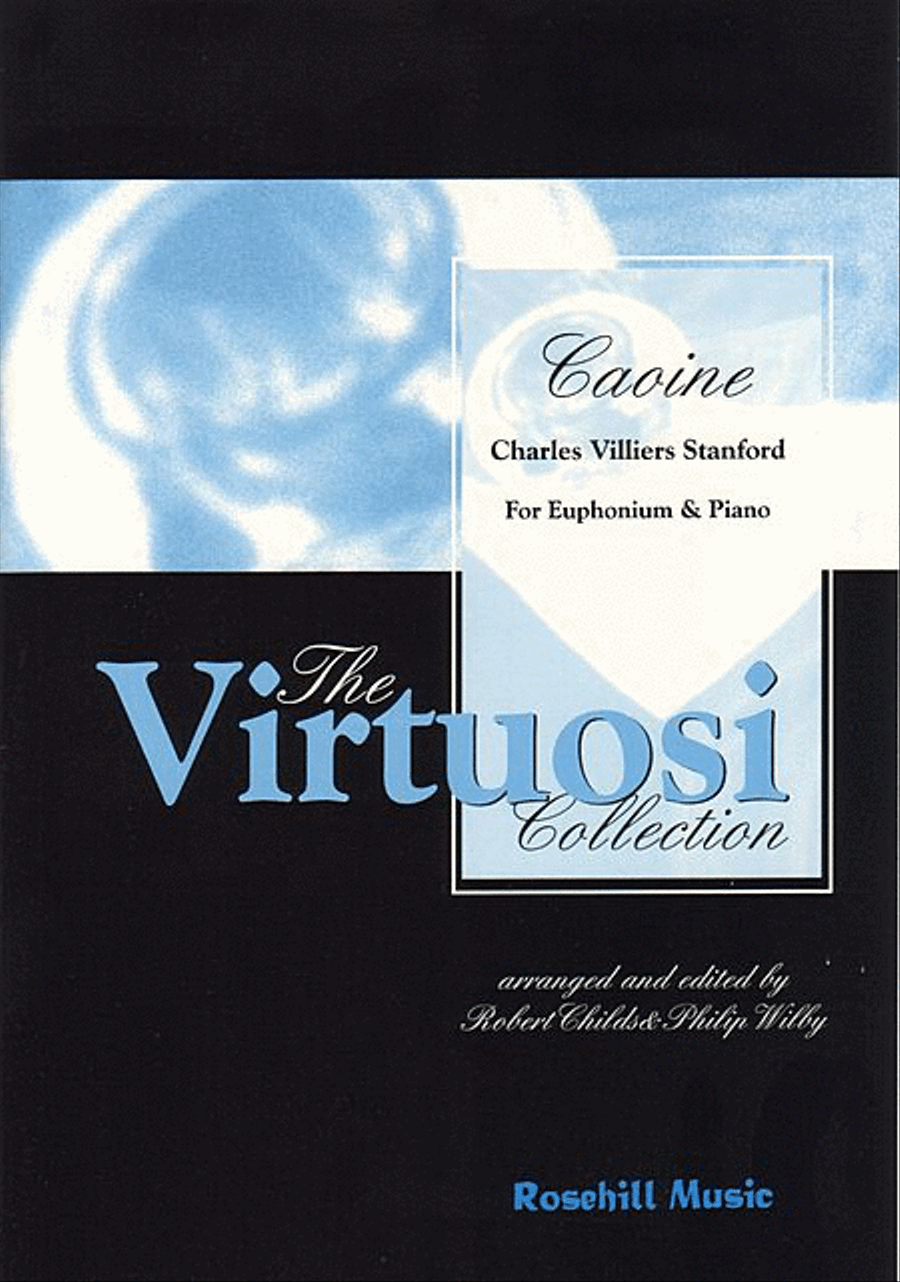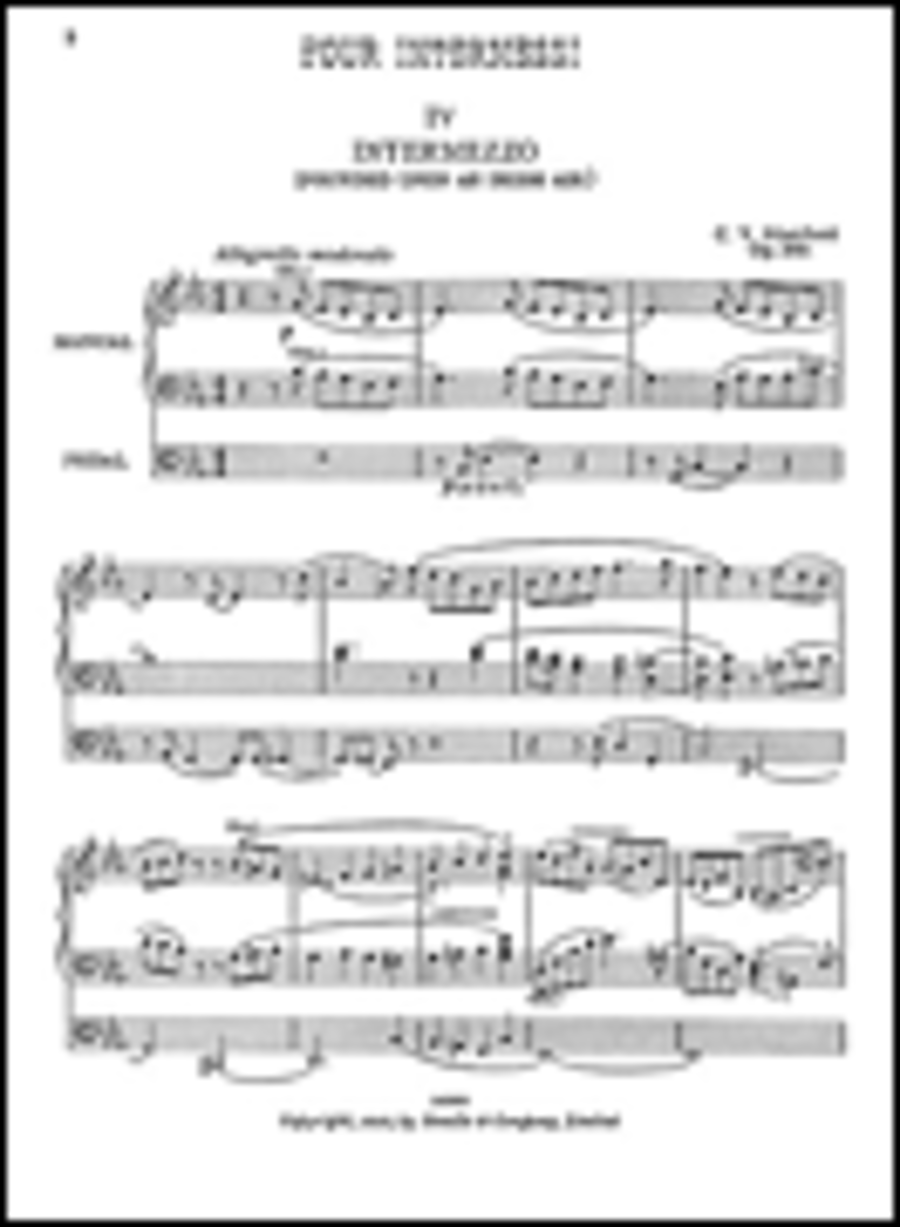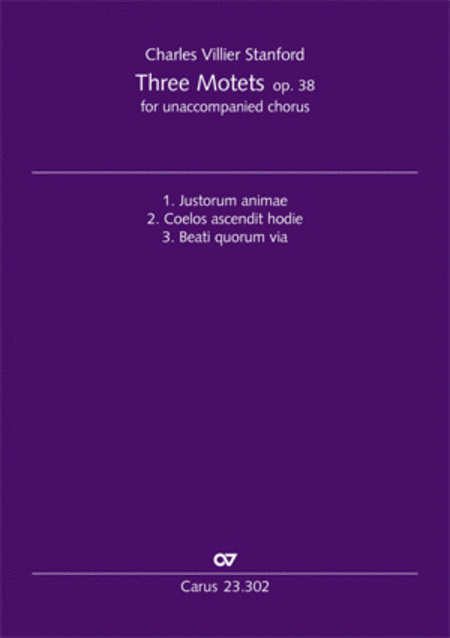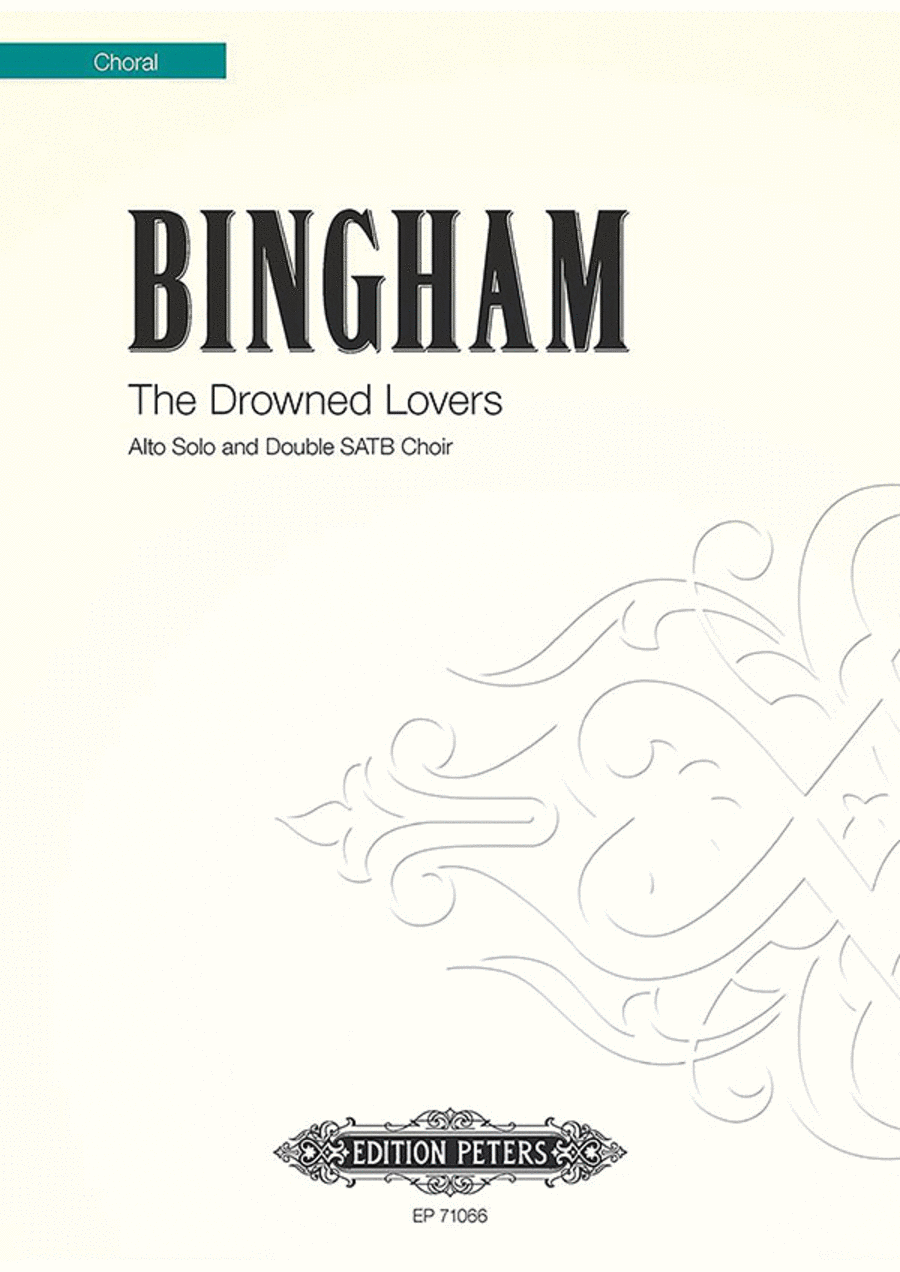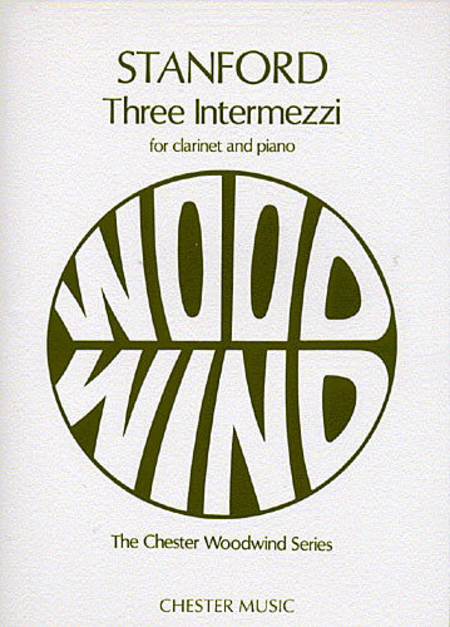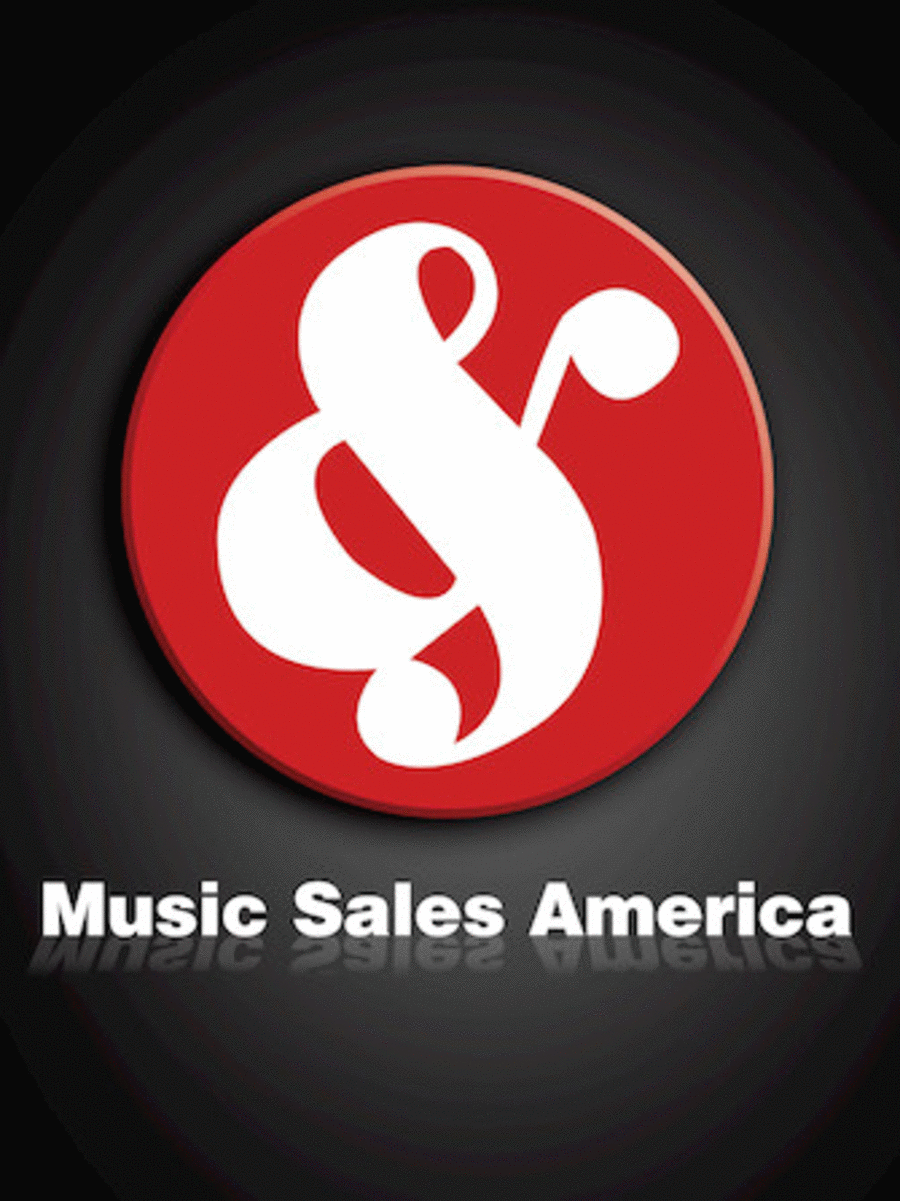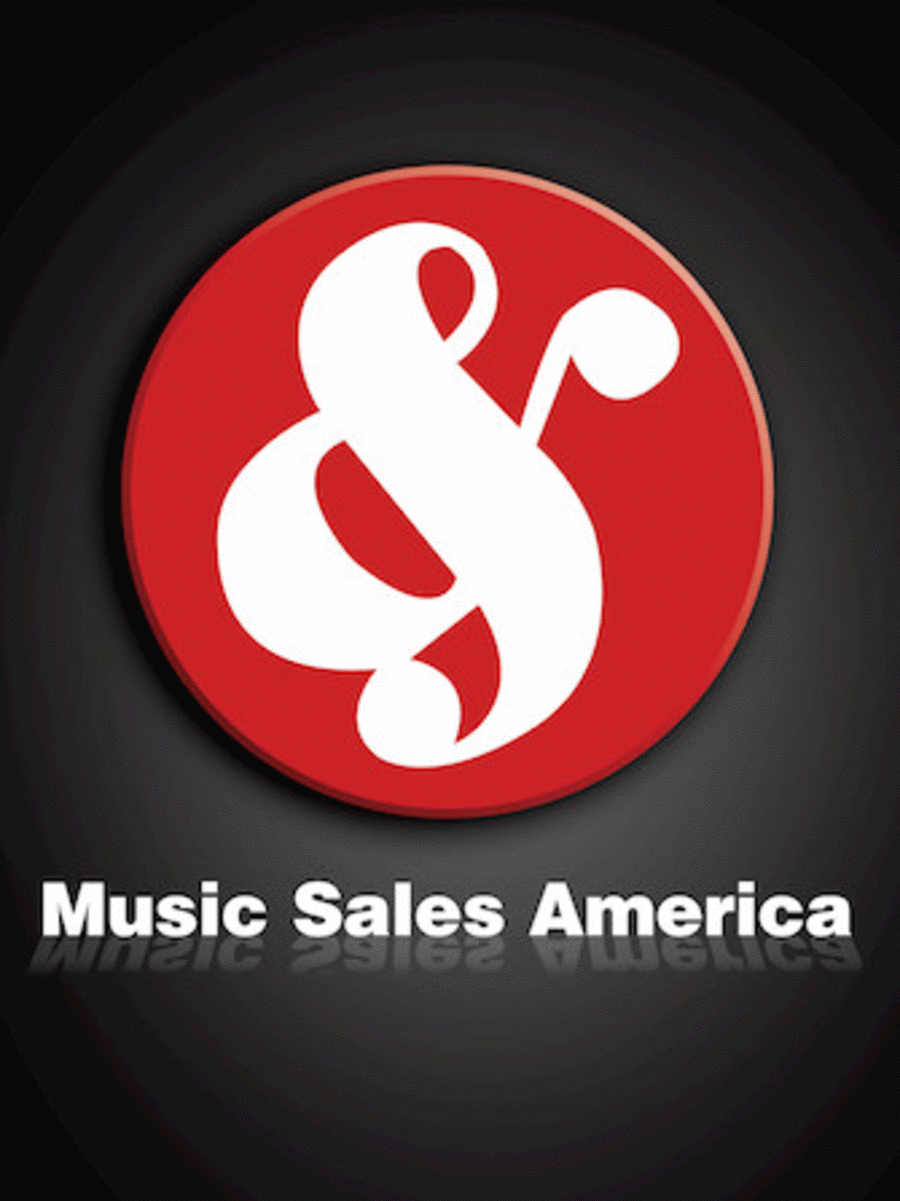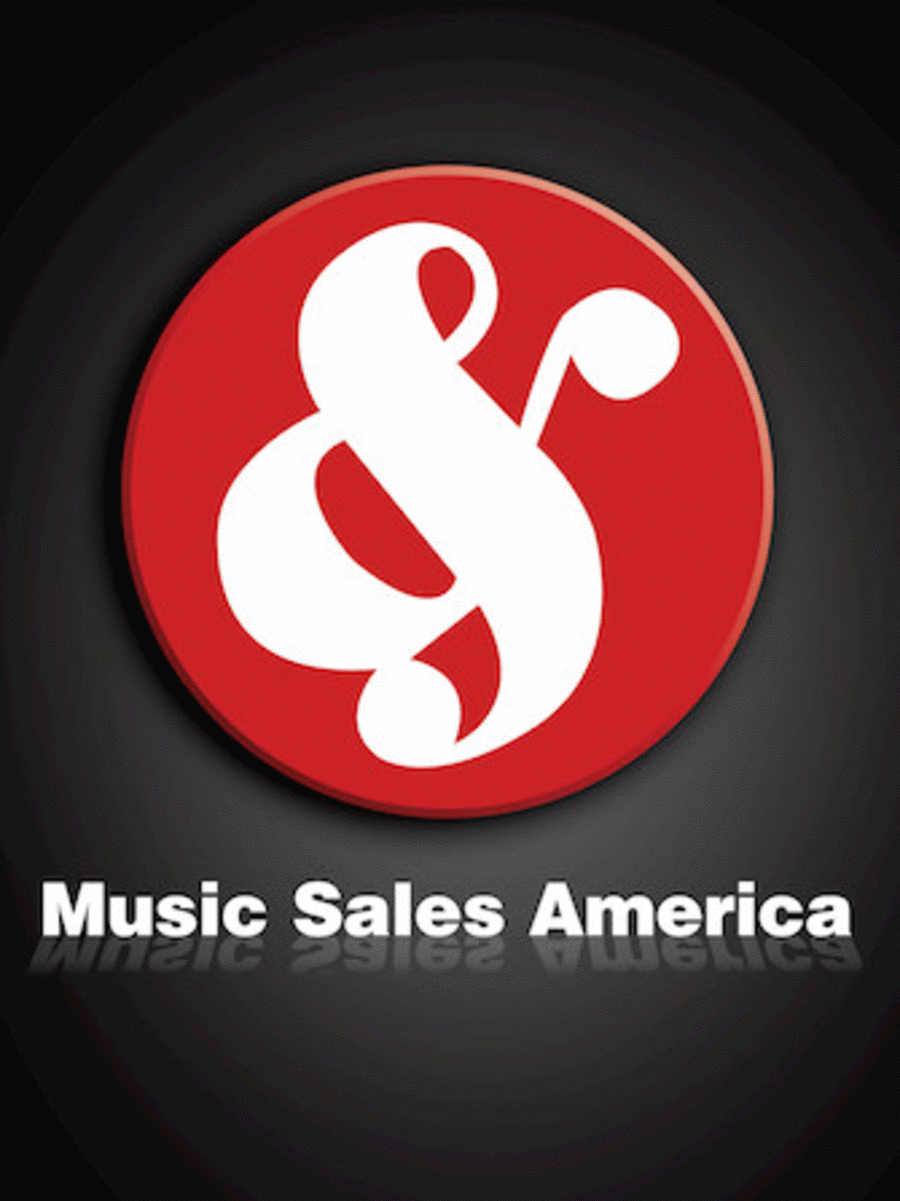Charles Villiers Stanford (1852 - 1924)
 Irlande
Irlande
Sir Charles Villiers Stanford (September 30, 1852 ? 29 March 1924) was an Irish composer.
Stanford was born in Dublin, the only son of John Stanford, examiner in the Court of Chancery (Dublin) and clerk of the Crown, County Meath. Both parents wer ... (Read all)
Source : Wikipedia
 Irlande
IrlandeSir Charles Villiers Stanford (September 30, 1852 ? 29 March 1924) was an Irish composer.
Stanford was born in Dublin, the only son of John Stanford, examiner in the Court of Chancery (Dublin) and clerk of the Crown, County Meath. Both parents wer ... (Read all)
Source : Wikipedia
Free sheet music of Charles Villiers Stanford
120 sheets found sorted by:
Search
© 2000 - 2024
Home - New releases - Composers
Legal notice - Full version


























